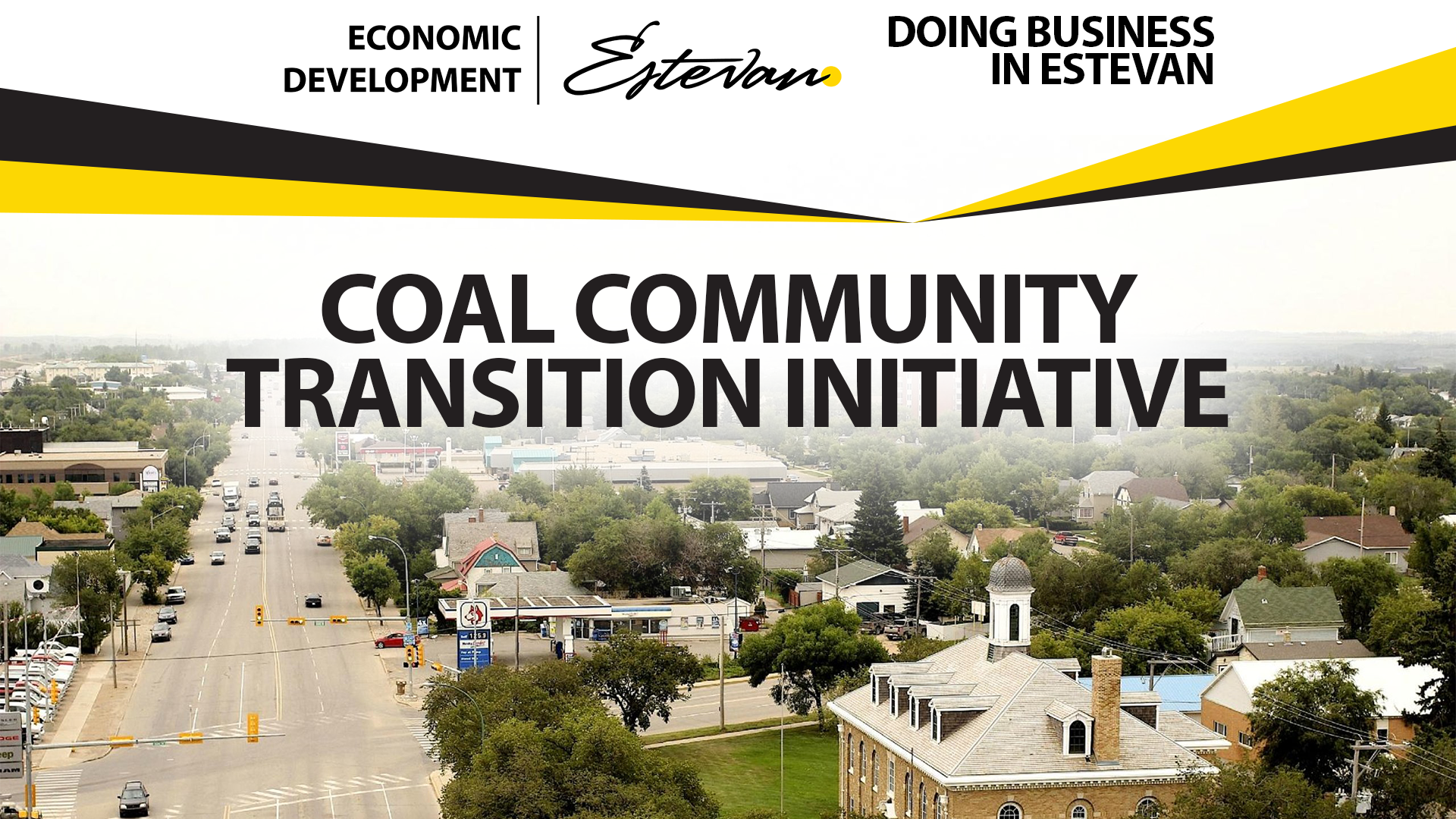
11 Nov How the Coal Transition Funds Are Helping Economic Development
In the 2018 federal budget the Coal Community Transition Initiative (CCTI) was announced by the federal government. This fund was created to help communities transitioning away from coal fired power generation. Since that time select communities in Alberta and Saskatchewan including Estevan, have been able to apply to Western Economic Diversification (WD) for funding to assist their community. But what does this actually mean for Estevan, and how are these funds being used and allocated?
To start, this funding is to be used on Economic Development initiatives in the City of Estevan. Typically, these are things like market analysis, branding, feasibility studies, coal transition coordinator etc. Funding cannot be used for individuals, private business or business incentives. When the Estevan Economic Development Board has projects requiring funding, they can submit an application to WD. Funding is then awarded based on the application and the benefits it would provide to the community – not by city size or population.
“It is application based so there were multiple applications that have been rejected along with the ones that have been approved†City Manager Jeff Ward recalled. “This funding can also apply to the Rural Municipality along with other players in the area like the Southeast Collegeâ€
Thus far, the funding has been used for city projects including branding and marketing initiatives, the coal transition coordinator and business incubator. It has also funded feasibility studies for a short line railroad and a net-neutral gas plant. Funding was also awarded to the Southeast College for the development of the new heavy equipment operator program that will be offered out of the Estevan campus.
In February of 2020 it was announced by the provincial government that there would be an allocation of an $8 million fund for Estevan. To access these funds the community must first apply for funding from the CCTI. Six projects have been approved for provincial funding so far, including the recently announced Prairie Phoenix Potash feasibility study, a development plan to make the area a Rural Tech Hub, and feasibility of significant agri-value processes in the southeast.
The Economic Development Board is currently working on more projects and preparing future expressions of interest for WD and CCTI funding. Moving forward there will be an emphasis on discussions with the miners’ union, and employees from both the mine and the two power stations to identify opportunities for career transition as well as retraining curriculum for the Southeast College.

